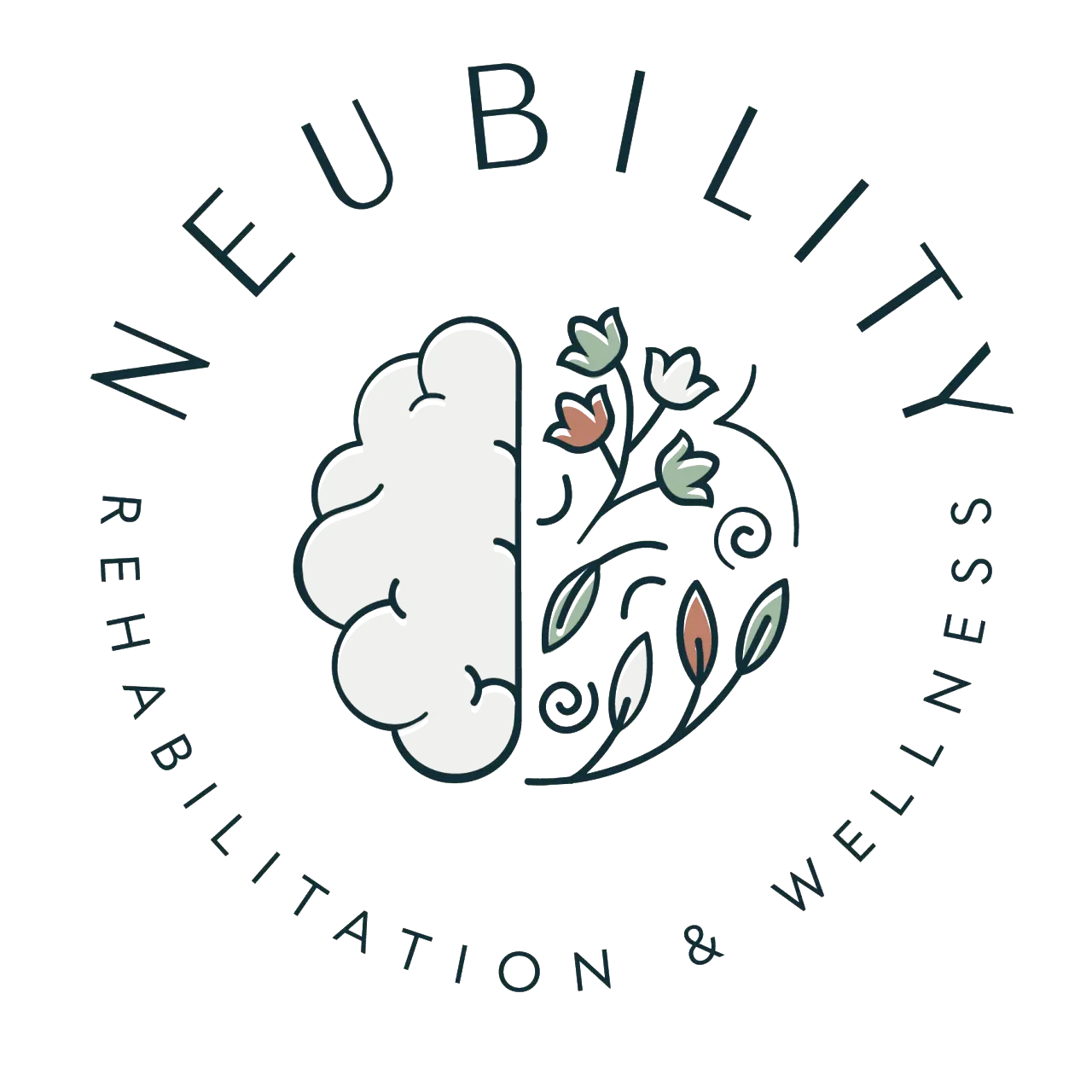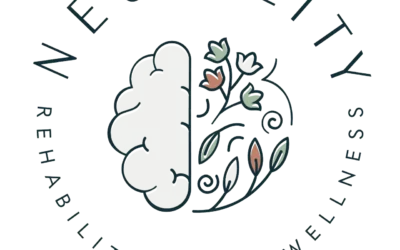Blog
A Guide to Dizziness caused by Vestibular Hypofunction Rehabilitation
Vestibular hypofunction is a condition that affects the inner ear’s ability to maintain balance and spatial orientation. This condition can lead to symptoms such as dizziness, imbalance, and...
Medications Management Tips from Occupational Therapists.
Managing medication can sometimes feel like navigating a complex maze, especially when juggling multiple prescriptions, dosages, and schedules. However, effective medication management is crucial...
Exercise Recommendations for Parkinson’s Disease
Parkinson’s disease (PD) is a progressive neurological disorder that affects movement, causing symptoms such as tremors, stiffness, and difficulty with balance and coordination. While there is no...
High Intensity Gait Training for Neurological Disorders
Neurological disorders such as stroke, multiple sclerosis (MS), Parkinson’s disease, and spinal cord injuries often lead to impaired mobility and reduced gait performance. Traditional rehabilitation...
Physical Therapy for Dizziness
What is the Vestibular System and what does it do? Your vestibular system is one of your main balance systems in your body. The majority of your vestibular system is located in your inner ear, next...
Physical Therapy for Benign Paroxysmal Positional Vertigo (BPPV)
What is Benign paroxysmal positional vertigo (BPPV)? BPPV is a condition caused by otoliths (small calcium crystals) becoming dislodged and falling into a set of structures called our semicircular...



